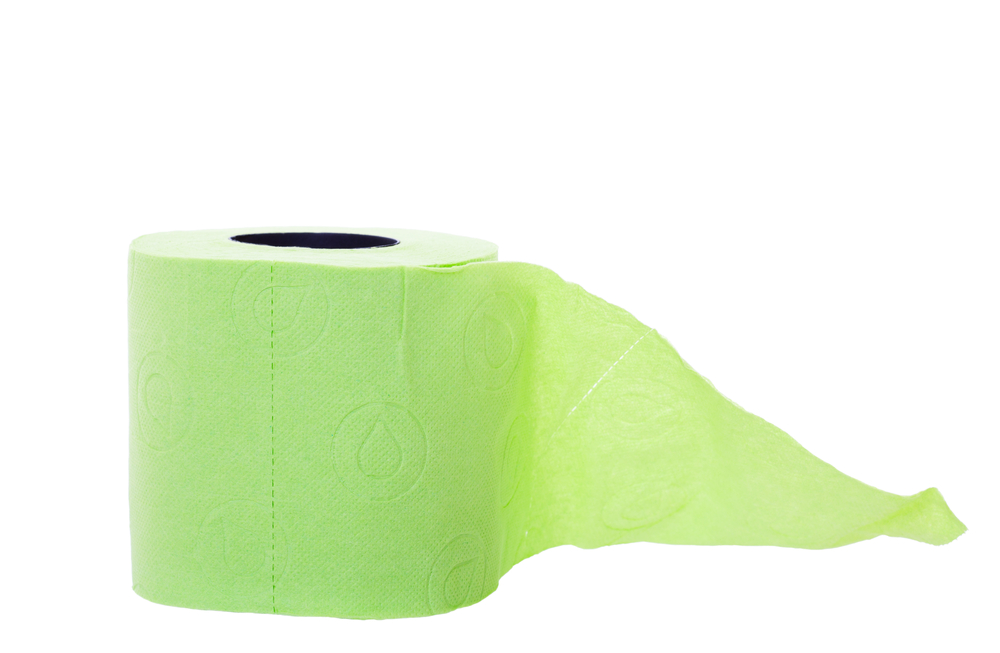One of the most common questions we get from our patients is “why is my stool green in color?” While there can be many different reasons why your stool may be green, here are a few of the most common causes:
1.You are eating lots of green leafy vegetables – This is actually a good thing!
Eating plenty of greens like spinach, kale and broccoli means that you are getting a healthy dose of vitamins and minerals. When these greens are digested, they can sometimes give your stool a greenish tint.
2. You have an infection – If you have an infection in your gastrointestinal tract, it can cause your stool to change color.
This is usually accompanied by other symptoms like diarrhea, abdominal pain and cramping. If you think you may have an infection, it’s important to see a doctor as soon as possible so that you can start treatment.
3. You are taking certain medications – Some medications, like antacids or antibiotics, can change the color of your stool.
If you are concerned about the changes in your stool color, be sure to talk to your doctor about any medications you are taking.
Green stool can be caused by a number of things. It could be something you ate, a change in your diet, or a sign of an infection. If you’re concerned about green stool, speak to your doctor.
When Should I Be Concerned About Green Poop?
Green poop can be caused by a number of things, but most commonly it is due to eating too many green leafy vegetables or taking certain medications. If your green poop is accompanied by other symptoms like abdominal pain, diarrhea, or vomiting, then you should see a doctor as soon as possible.
Does Green Stool Mean Liver Problems?
No, green stool does not mean liver problems. The liver is a vital organ that helps to filter toxins from the body and produce bile, which is necessary for digestion. If the liver is not functioning properly, it can cause a build-up of toxins in the body, which may lead to a variety of symptoms, including green stool.
However, there are many other potential causes of green stool, so it is important to consult with a healthcare provider to rule out any underlying medical conditions.
What Does Green Colored Poop Mean?
Most of the time, green poop is nothing to worry about and is simply the result of eating green vegetables or other green-colored foods. However, if your poop is consistently green or you notice other changes in your bowel movements, it could be a sign of an underlying health condition.
There are a few different reasons why your poop might be green.
The most common cause is simply consuming too many chlorophyll-rich greens like spinach, kale, or broccoli. This can give your stool a greenish tint that should go away after a day or two.
Certain medications can also cause green poop.
Iron supplements and antacids containing bismuth subsalicylate (such as Pepto-Bismol) can turn your stool dark green or even black. If you think your medication may be causing green poop, talk to your doctor about switching to a different brand or formulation.
In some cases, green poop may indicate an infection, such as Giardia lamblia which is caused by contaminated water sources (like ponds or lakes).
Symptoms of Giardia include diarrhea that may be foul-smelling and greasy, abdominal cramps, bloating, and weight loss. If you suspect you have an infection, see your doctor for testing and treatment.

Credit: www.livescience.com
Dark Green Stool in Adults
If you’re noticing dark green stool in your toilet bowl, it could be a sign of a digestive issue. Green stool is usually the result of too much bile in the intestine, which can happen for a number of reasons.
Bile is produced by the liver and stored in the gallbladder.
It helps to break down fats in the intestine during digestion. If there’s too much bile present, it can give stool a greenish color. This condition is called steatorrhea and it’s usually associated with other symptoms like abdominal pain, bloating, gas, and diarrhea.
There are a few different conditions that can cause steatorrhea. One is pancreatitis, which is inflammation of the pancreas. This condition can be caused by alcohol abuse, certain medications, or an infection.
Cystic fibrosis is another possibility. This inherited disorder affects the lungs and digestive system and can lead to blockages in the intestines that prevent bile from being properly broken down.
Dark green stool can also be caused by certain medications like antacids or iron supplements.
In most cases, changing your diet or discontinuing use of these medications will resolve the problem within a few days to weeks. If you have any concerns about your dark green stool or other gastrointestinal symptoms, be sure to speak with your doctor right away for further evaluation and treatment options if necessary..
Conclusion
The color of your stool can be affected by a number of different factors, including what you eat and the amount of bile in your stool. Bile is a yellow-green fluid that is produced by your liver and stored in your gallbladder. When fat is digested, bile is released into the small intestine where it helps to break down fats.
If there is too much bilirubin (a yellow-green pigment) in the bile, it can give stool a greenish color.
